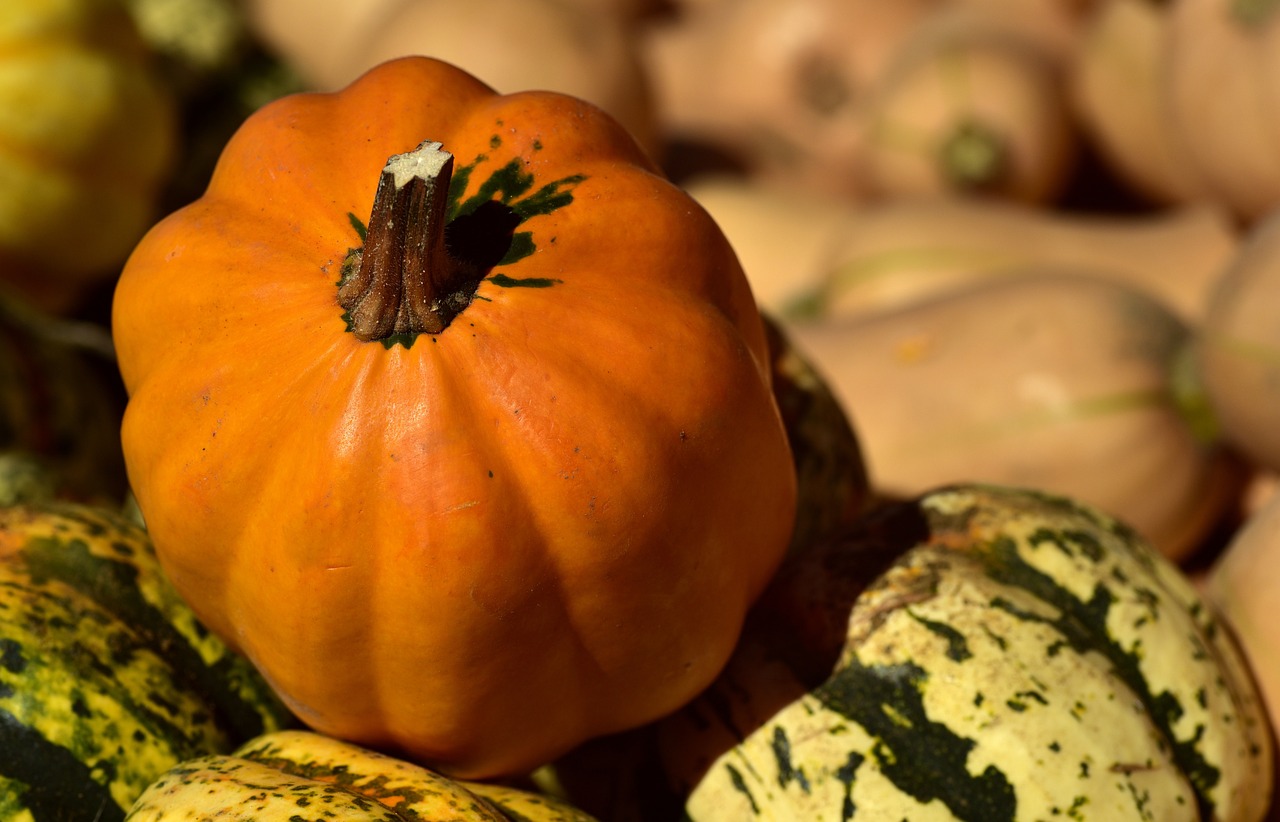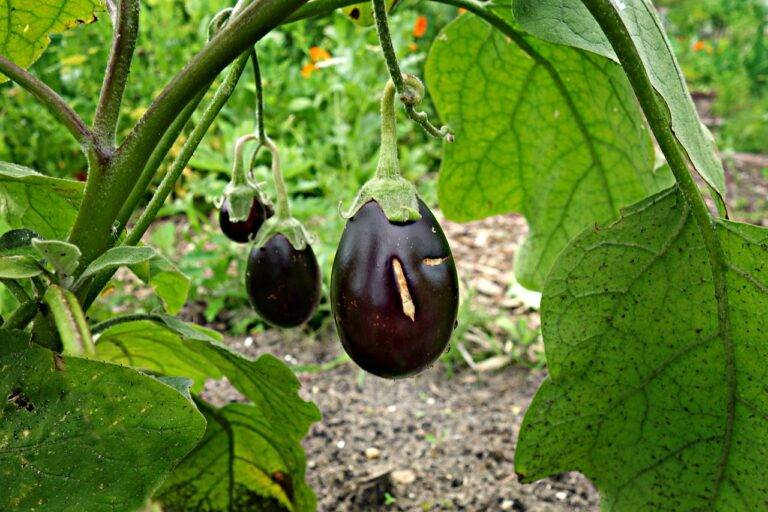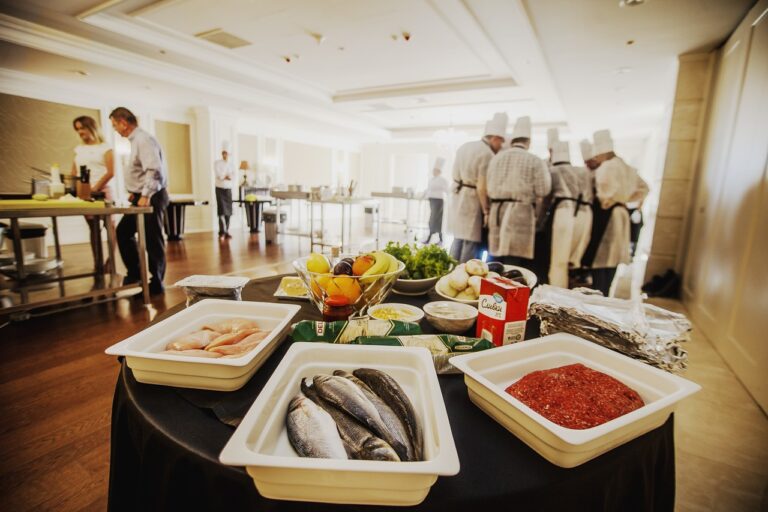Addressing food security concerns through pulp and puree production initiatives: Betbhai99 com login, Radheexch, My99exch
betbhai99 com login, radheexch, my99exch: Food security is a pressing issue affecting communities worldwide. Access to nutritious and affordable food is crucial for individuals and families to lead healthy and productive lives. However, many regions face challenges in meeting the food needs of their populations due to various factors such as poverty, climate change, and limited access to resources. In response to these challenges, pulp and puree production initiatives have emerged as innovative solutions to address food security concerns and ensure sustainable food production.
Pulp and puree production involves processing fruits and vegetables into a concentrated form that can be used in a variety of food products such as juices, sauces, and soups. These products are not only convenient and easy to store but also retain the nutritional benefits of the original fruits and vegetables. By utilizing pulp and puree production techniques, communities can extend the shelf life of perishable foods, reduce food waste, and increase access to nutritious food options.
Here are some key ways in which pulp and puree production initiatives are helping to address food security concerns:
1. Increasing Food Accessibility: Pulp and puree products provide a convenient and cost-effective way to increase the availability of nutritious food options in communities where fresh produce may be scarce or expensive. By processing fruits and vegetables into a concentrated form, these products can be easily transported and stored, making them accessible to a wider range of consumers.
2. Reducing Food Waste: One of the biggest challenges in achieving food security is reducing food waste. Pulp and puree production initiatives help to minimize waste by processing surplus or imperfect produce into value-added products. This not only helps to prevent food from being thrown away but also creates new economic opportunities for farmers and food processors.
3. Enhancing Nutritional Value: Pulp and puree products retain the vitamins, minerals, and other nutrients present in the original fruits and vegetables. By incorporating these products into a variety of food items, communities can ensure that their populations have access to essential nutrients that are vital for overall health and well-being.
4. Supporting Local Farmers: Pulp and puree production initiatives can provide an additional source of income for local farmers by creating demand for their produce. By partnering with farmers to source fruits and vegetables for processing, these initiatives can help to strengthen local food systems and support sustainable agriculture practices.
5. Promoting Food Security Resilience: Climate change and other environmental challenges can have a significant impact on food production and availability. Pulp and puree production initiatives help to build resilience in food systems by diversifying food options, reducing reliance on fresh produce, and providing alternative sources of nutrition during times of scarcity.
6. Empowering Communities: By engaging local communities in pulp and puree production initiatives, individuals can learn valuable skills in food processing, business development, and marketing. These initiatives not only provide economic opportunities but also empower communities to take control of their food security and create sustainable solutions for the future.
In conclusion, pulp and puree production initiatives play a vital role in addressing food security concerns and promoting sustainable food systems. By increasing food accessibility, reducing waste, enhancing nutritional value, supporting local farmers, promoting resilience, and empowering communities, these initiatives are helping to create a more food-secure world for all. Through collaboration, innovation, and a commitment to equitable food distribution, we can work together to ensure that nutritious and affordable food is available to everyone, everywhere.
—
FAQs
Q: How can communities get involved in pulp and puree production initiatives?
A: Communities can support pulp and puree production initiatives by volunteering, participating in training programs, purchasing products, and advocating for sustainable food practices.
Q: Are pulp and puree products suitable for individuals with dietary restrictions?
A: Yes, pulp and puree products can be tailored to meet specific dietary needs, such as gluten-free, vegan, or low-sugar options.
Q: How can pulp and puree production help to combat food insecurity in urban areas?
A: Pulp and puree production initiatives can set up processing facilities in urban areas, providing job opportunities and access to affordable and nutritious food options for residents.
Q: What are the environmental benefits of pulp and puree production initiatives?
A: Pulp and puree production can help to reduce food waste, decrease greenhouse gas emissions, and promote sustainable agriculture practices.
Q: How can policymakers support pulp and puree production initiatives at a national level?
A: Policymakers can allocate funding, provide technical assistance, and create incentives for the development of pulp and puree production initiatives to promote food security and sustainable development.







